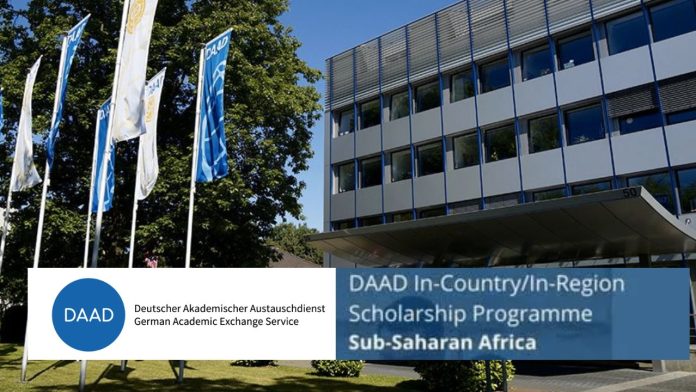Australia remains one of the most attractive destinations for skilled immigrants worldwide, especially those seeking job stability, high earnings, and long-term residency. With increasing labor shortages in key sectors, Australian employers are actively seeking international talent and offering visa sponsorship opportunities with salaries of up to $100,000 or more per year.
This guide explores some of the most promising $100k+ visa sponsorship opportunities available in Australia today. It includes an overview of in-demand occupations, sponsorship visa types, salary ranges, and eligibility criteria, all presented in a simple, easy-to-understand format.
Why Australia Needs Sponsored Workers
Australia is facing a significant workforce shortage across several industries due to an aging population, low birth rate, and a decline in local skilled labor supply. To address this, the Australian government has expanded visa sponsorship options, allowing employers to hire qualified workers from overseas for both short-term and permanent positions.
Key drivers behind this policy shift include:
-
Aging workforce: Many industries are losing older workers to retirement.
-
Rural gaps: Remote and regional areas lack enough professionals.
-
COVID-19 aftermath: Migration was paused during lockdown years, creating a backlog of open roles.
Top Sectors Offering $100k+ Visa Sponsorship Roles
The following industries in Australia are actively offering sponsorships to international job seekers, particularly those with relevant experience and qualifications.
| Industry | Roles in Demand | Average Salary (AUD) |
|---|---|---|
| Healthcare | Registered Nurses, General Practitioners | $85,000 – $130,000 |
| Information Technology | Software Engineers, Cybersecurity Experts | $90,000 – $150,000 |
| Engineering | Civil, Mechanical, Electrical Engineers | $100,000 – $140,000 |
| Construction | Project Managers, Site Supervisors | $95,000 – $125,000 |
| Education | Secondary Teachers, Special Education | $80,000 – $110,000 |
| Mining & Energy | Geologists, Mining Engineers | $100,000 – $160,000 |
| Agriculture | Farm Managers, Agricultural Scientists | $85,000 – $120,000 |
| Trades & Technical | Electricians, Plumbers, Carpenters | $75,000 – $105,000 |
Note: Salaries vary depending on experience, region, and employer. Roles in regional areas often come with additional relocation benefits.
Common Visa Types with Sponsorship
If you’re aiming for a sponsored job in Australia, it’s important to understand the key visa programs that employers use to hire foreign workers.
| Visa Type | Duration | Pathway to PR? | Occupation Requirement |
|---|---|---|---|
| Subclass 482 (TSS) | 2-4 years | Yes | Listed on STSOL/MLTSSL |
| Subclass 186 | Permanent | Yes | Employer nomination |
| Subclass 494 | 5 years (regional) | Yes (after 3 years) | Regional occupations only |
STSOL: Short-Term Skilled Occupation List
MLTSSL: Medium and Long-Term Strategic Skills List
Employers that are approved sponsors can nominate international candidates under these visa categories, provided the job role meets the list requirements and the candidate has the right experience and qualifications.
Sample Salary Ranges for Sponsored Occupations
To better illustrate the earning potential, here’s a breakdown of some high-paying sponsored jobs:
| Job Title | Average Salary (AUD) | Visa Route |
|---|---|---|
| Software Developer | $120,000 | TSS / 186 |
| Registered Nurse | $90,000 | TSS / 186 |
| Civil Engineer | $110,000 | TSS / 186 / 494 |
| Diesel Mechanic | $100,000 | TSS / 494 |
| Secondary School Teacher | $95,000 | TSS / 186 |
| Farm Manager (Regional) | $105,000 | 494 |
| Electrician | $100,000 | TSS / 186 / 494 |
| Cybersecurity Analyst | $130,000 | TSS / 186 |
These roles are in high demand across major cities such as Sydney, Melbourne, Brisbane, and regional zones in New South Wales, Western Australia, and South Australia.
What Employers Look for in Sponsored Workers
To qualify for a sponsored position, employers generally require:
-
Relevant academic qualifications or trade certifications
-
Minimum of 2–3 years of full-time work experience
-
English language proficiency (usually IELTS or PTE)
-
Skills assessment (for some roles)
-
Clean police record and medical clearance
Experience in an English-speaking country or international exposure often adds value.



2 comments
Правда о ботоксе, с фактами.
ботокс http://botox.life/ .
This website, you can access a great variety of casino slots from leading developers.
Visitors can enjoy traditional machines as well as modern video slots with stunning graphics and interactive gameplay.
Even if you’re new or an experienced player, there’s always a slot to match your mood.
casino slots
All slot machines are ready to play anytime and compatible with PCs and tablets alike.
No download is required, so you can jump into the action right away.
Site navigation is intuitive, making it quick to explore new games.
Sign up today, and discover the thrill of casino games!